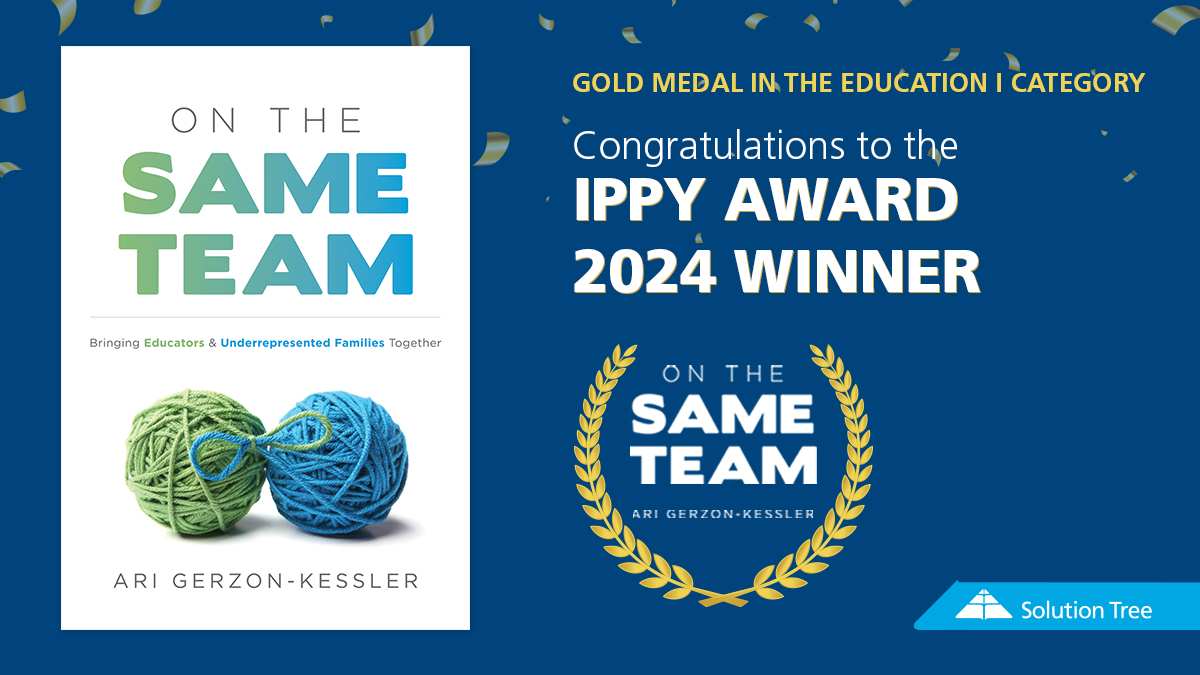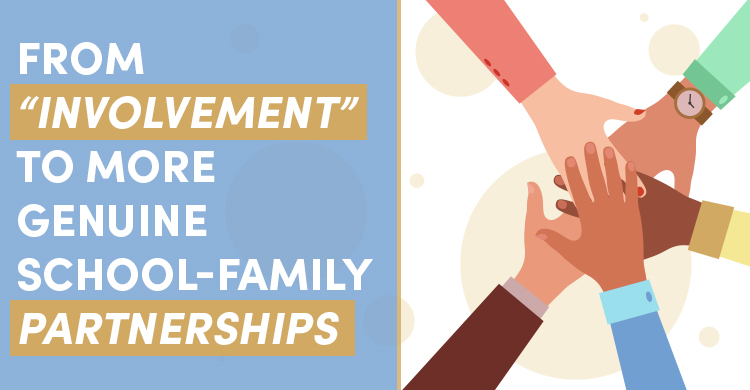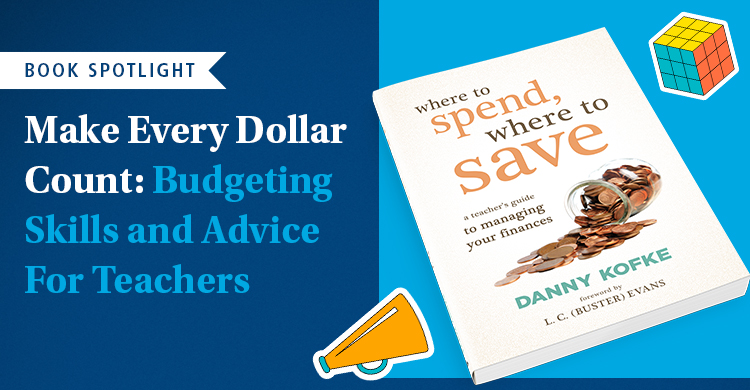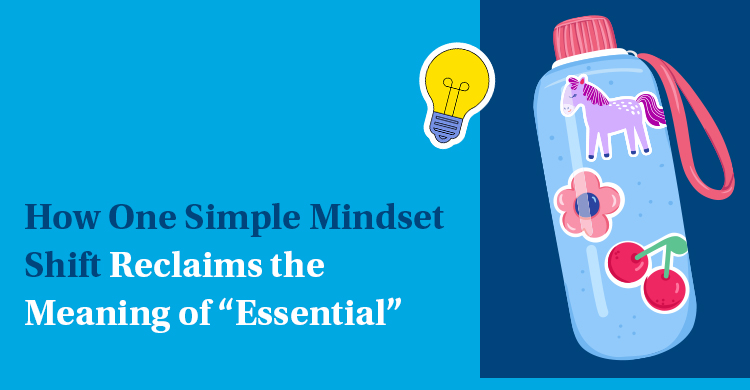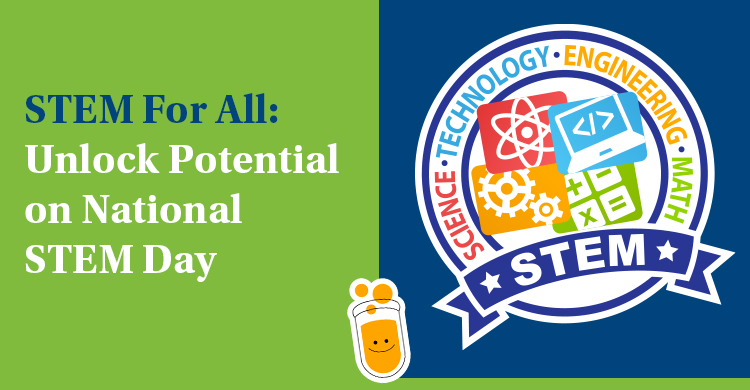For decades, research has confirmed that engaging families is one of the five keys to transforming schools and districts from good to great (Bryk, Sebring, Allensworth, Luppescu, & Easton, 2010). Since the early days of the COVID-19 pandemic, educators have realized that strengthening partnerships is an essential component to effective teaching, propelling student growth and school improvement (Constantino, 2021).
So why is it then that more schools and districts are not shifting from a family involvement approach to systematically implementing best practices for school-family partnerships?
Historically, the dynamic between US schools and families has been driven by an involvement approach rather than one based on mutual partnership. In our schools today, we typically engage with families in conventional ways when it comes to forging relationships. Many of our school communities offer the same events every year to preserve these comfortable arrangements.
The hidden problems with the involvement approach
The family involvement approach is often characterized by a focus on one-way communication, with staff telling parents what they think families need to know, or what some refer to as “leading with the mouth” (Ferlazzo, 2011, p.12). This stance is often characterized by telling families how they can contribute and sharing the needs and goals that the staff have defined in isolation. The involvement model does not listen to families and instead focuses on activities or events rather than relationship-building or creating true cultural change within schools (Hong, 2019). Family involvement was the conventional term before it shifted to family engagement.
Engagement is a step in the right direction, but it still reflects a top-down approach and a focus on such things as attendance at parent-teacher conferences or how well families support the academic and behavioral expectations placed on students (Pondiscio, 2022). While family engagement is still used by some experts and practitioners, even the phrase itself places too much weight on families when the greater onus needs to be on us as educators (Tschannen-Moran, 2014).
Consequently, instead of engagement, we should focus on cultivating authentic partnerships, which speak better to the mutuality and deeper alliance needed to propel our schools forward.
The power of authentic school-family partnerships
Authentic school-family partnerships prioritize listening to families, honoring them as experts, and collaborating with them as equal partners (Weiss, Lopez, & Caspe, 2018). Susan Auerbach, one of the leading experts on authentic partnerships, defines them as “respectful alliances among educators, families, and community groups that value relationship building, dialogue across difference, and sharing power in pursuit of a common purpose in socially just, democratic schools” (Auerbach, 2011a, p. 29).
The table below is my synthesis of the school-family partnerships approach that we need to implement in our schools. As you will see, the vision around authentic partnerships stands in stark contrast to what conventional family involvement looks, feels, and sounds like.
| Family Involvement | Authentic Partnerships |
| One-way, transactional relationships | Two-way, authentic relationships |
| Done “to” families | Done “with” families |
| Goals and activities-focused | Relationships-focused |
| Surface-level trust | High-level trust |
| Random acts of outreach and connection | Relationship-building systems embedded in the school culture |
| One-time projects | Sustained and well-integrated projects |
| Hierarchical leadership | Shared leadership |
| Maintaining the status quo | Oriented toward transformation |
| Avoiding issues of power | Examining and changing power dynamics |
| Student learning is a teacher’s responsibility | Student learning is a shared responsibility |
| Family cultures are overlooked or devalued | Family cultures are considered, included, and valued |
| Communication using traditional formats, such as email, primarily in English | Communication using multiple formats in several languages |
| Meetings focused on what parents should do | Meetings focused on how school and families can work together |
Moving forward with strong and honest family partnerships
Maintaining our traditional practices will not meet the needs of our families or serve our deepest goals as educators. We can’t have families peripheral to the real work. We can’t continue to “blame each other for any struggles that arise” (Hong, 2019). The progress we seek depends on educators and families forging stronger and more authentic partnerships. Since schools are hierarchical and educators possess more positional power than families, we hold the lion’s share of the responsibility in building and sustaining a partnership that overcomes these inherent challenges (Tschannen-Moran, 2014).
By challenging the current paradigms of family engagement and co-creating this shift toward authentic partnerships, schools will more effectively address the array of challenges and better meet their potential. As Parker Palmer, the educational activist writes, “People who start movements do so not because they hate an institution but because they love it too much to let it descend to its lowest form” (Palmer, 1998, p. 170).
Integrating authentic school-family-community partnerships
Decades of research, as well as experience in the field, confirm that the schools that thrive, including high-poverty schools, are places where authentic school-family-community partnerships are integrated into the culture of the school (Sanders & Sheldon, 2016). This often occurs because leaders of these schools embrace partnerships as a systemic strategy, have a comprehensive plan that incorporates it into the school infrastructure, and make it an essential condition for teaching and learning (Mapp et al., 2022).
The garden is not fertile ground from the opening moments of back-to-school night; we must steadily cultivate it with great intentionality every day of the school year.
Looking for more insights or creative ways to build stronger school-family relationships and communicate with guardians? These hand-picked resources will help you redefine parents as part of the team.
View the blogs’ references here.
About the Educator
Ari Gerzon-Kessler is a sought-after speaker and professional learning provider working with schools and districts committed to forging stronger school-family partnerships. He’s presented at national and international conferences and his writings have been featured in a variety of educational publications.
Congratulations, Ari, for winning Gold in the Education I Category of the 2024 IPPY Awards.
